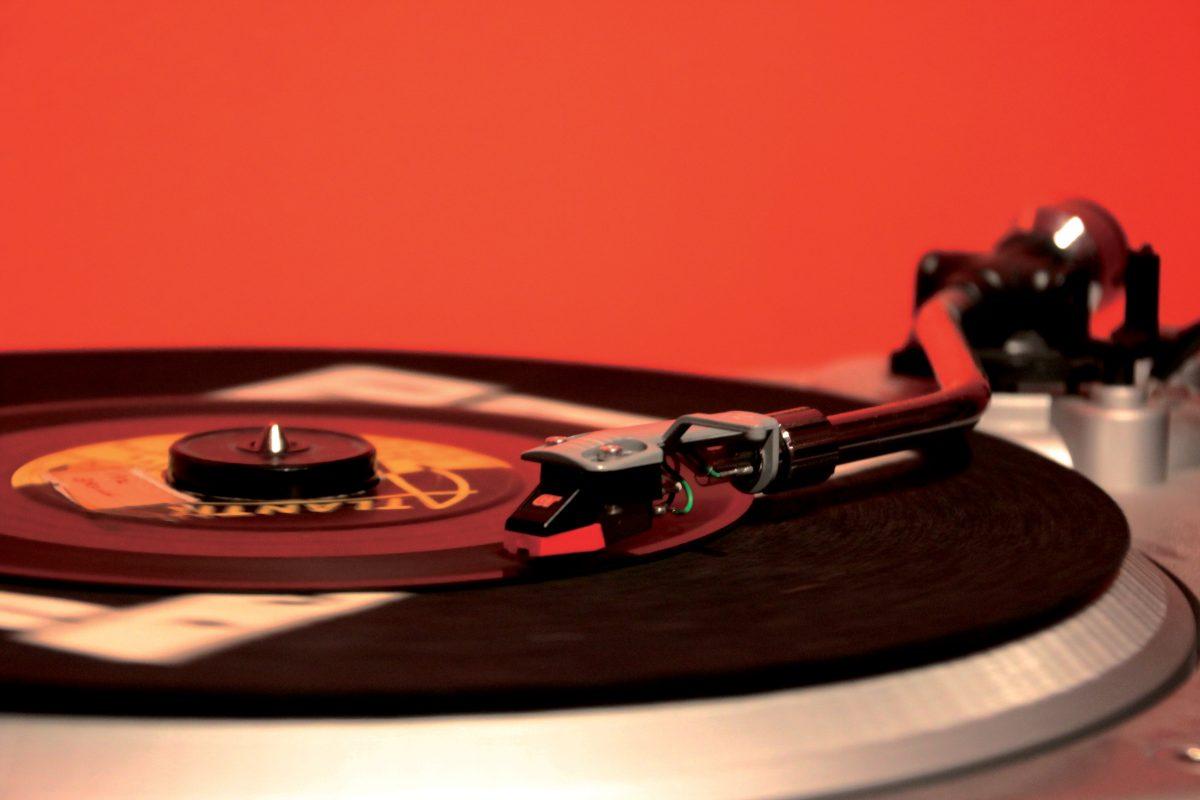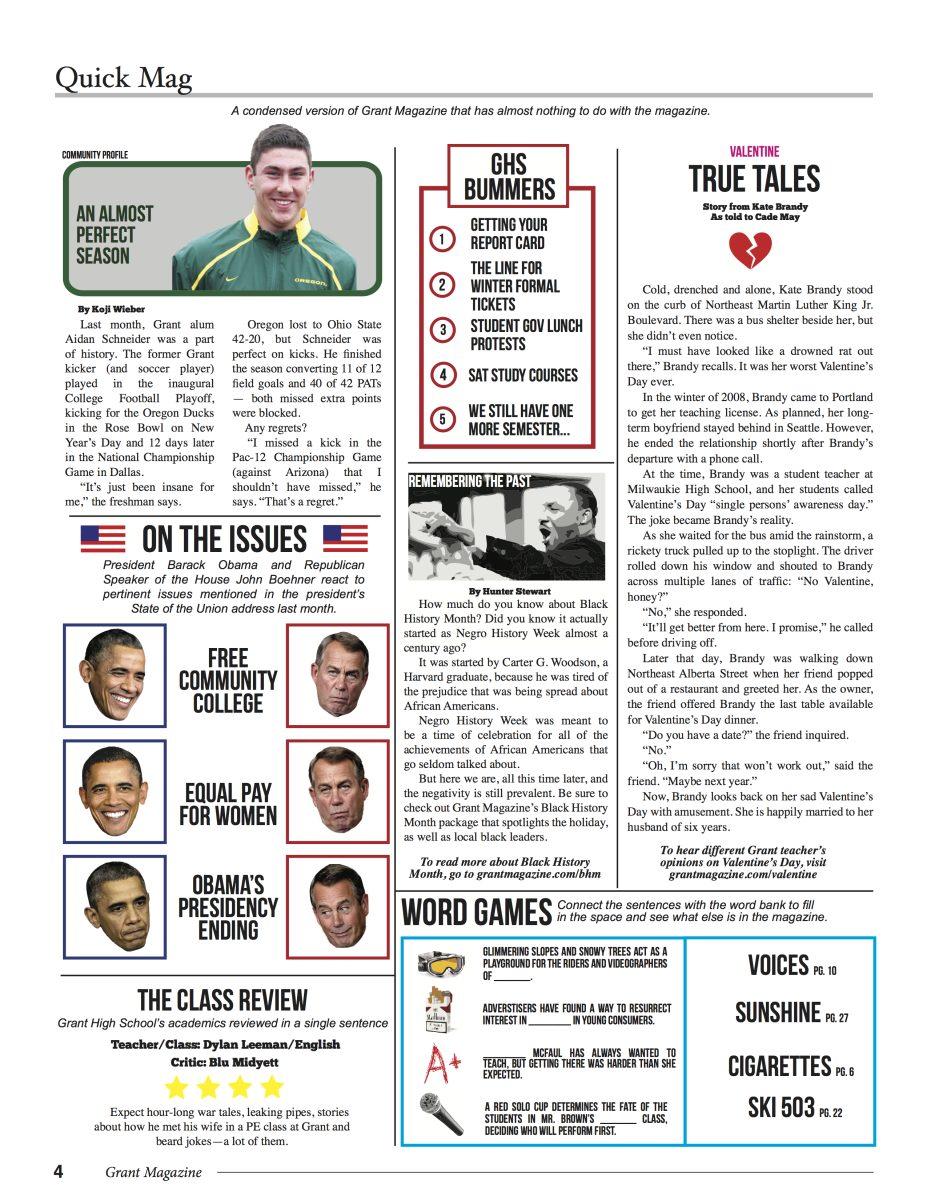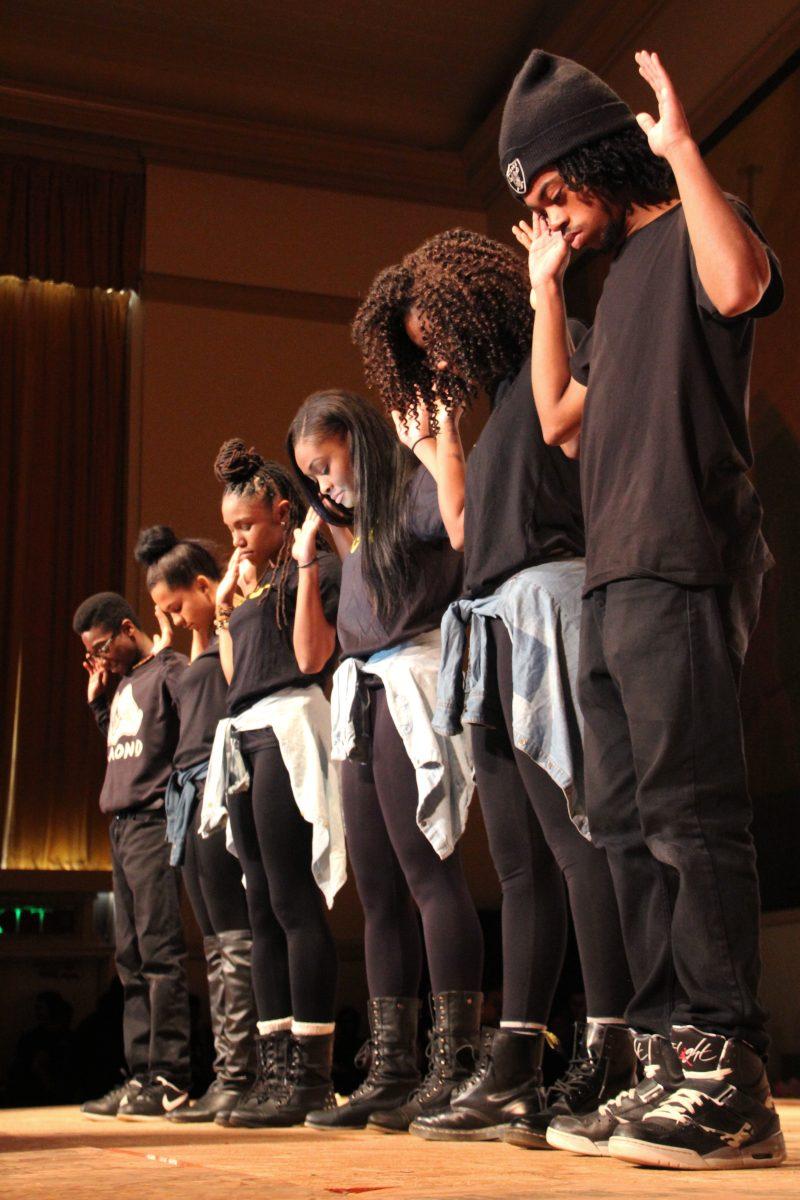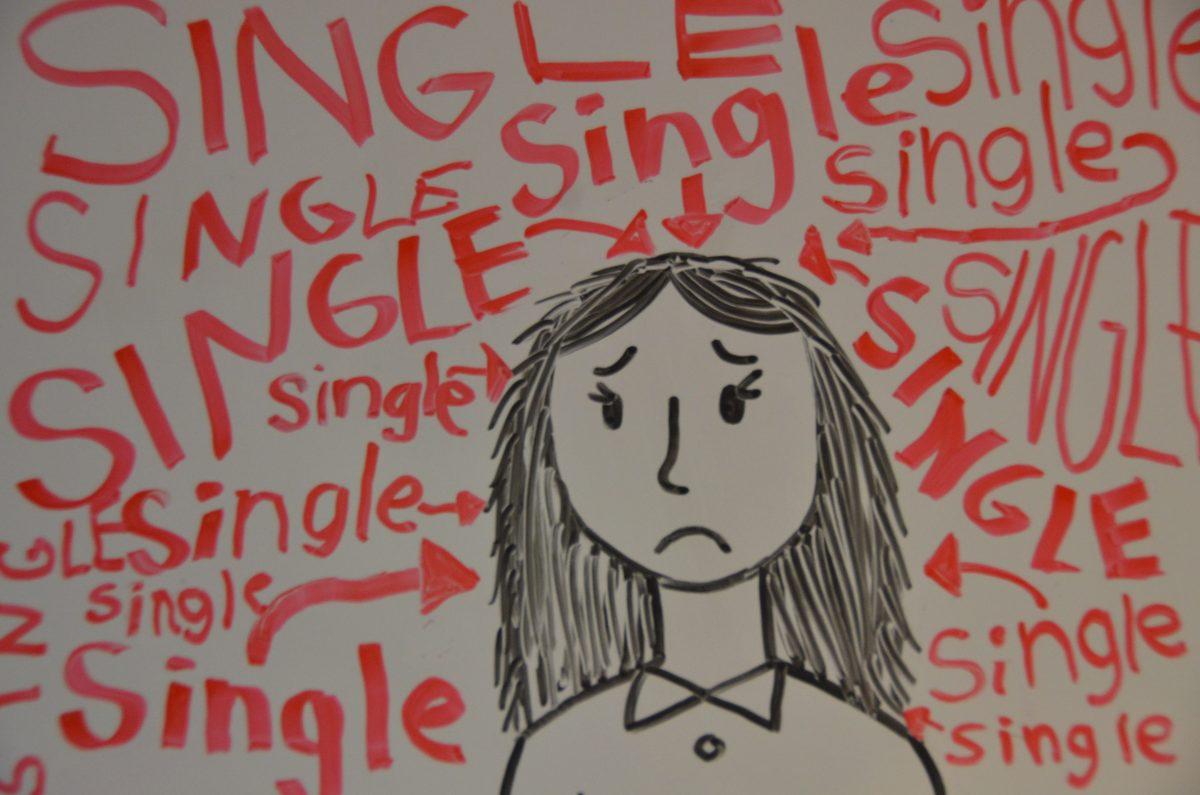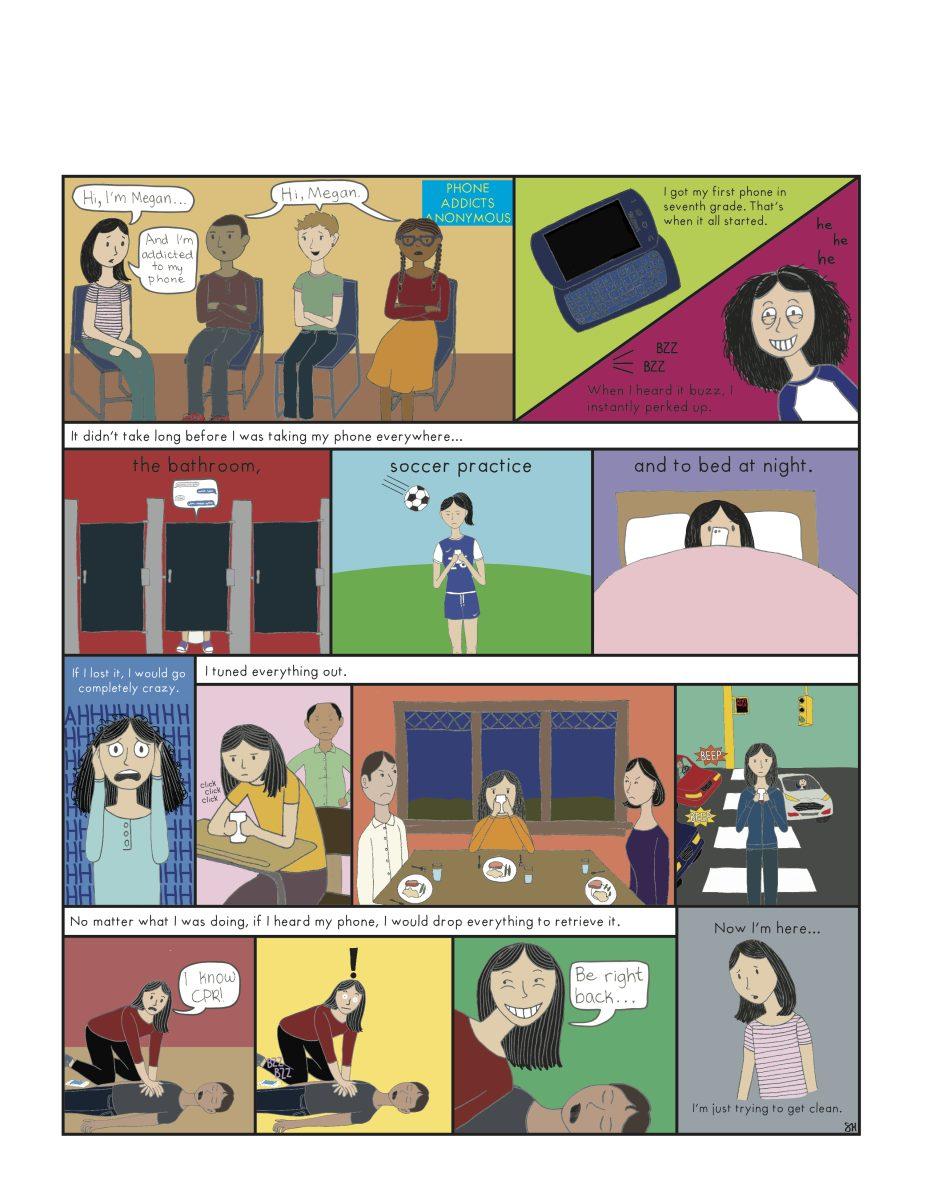Kyran Kardas walks into the downtown store 2nd Avenue Records with a small group of friends. Posters are scattered along the walls and T-shirts hang from the ceiling. Thousands of vinyl records are stacked in shelves that reach from floor to ceiling. Kardas, a junior at Grant High School, has a list of records on his mind but quickly gets lost in the sea of vinyl. Led Zeppelin. The Smiths. Snoop Dogg. Billie Holiday. They’re all there.
“There is something different about listening to vinyl, a different feel,” says Kardas, 16, who has about 20 albums after getting his first vinyl record as a gift from a friend a few years ago. “When my friend gave me my first vinyl record by Explosions in the Sky, I fell in love.”
In the past decade, the vinyl record market has had somewhat of a resurgence. Since the early 2000s, the amount of vinyl records sold in the United States has jumped from less than one million albums per year to more than nine million.
And some of the top buyers are high schoolers. Record store operators in Portland say young people make up a chunk of their business. On the surface that may seem like a stretch, given that collecting vinyl can be an expensive hobby. And most teens get their music online for a fraction of the cost.
But vinyl has its pull, says Danny Drinkwater, the interim store manager at Music Millennium. “I think kids love the idea of owning a record collection,” he says. “Is it hip and cool to do that? Yeah, probably, but I also think there is a sense of just worldliness and ownership in having and collecting them.”
Drinkwater says he has seen a dramatic change in the age demographics of people who shop in the vinyl room – a special section in the store dedicated to records. “I don’t know how to measure the increases but it’s noticeable,” Drinkwater says. “You can have a Saturday afternoon where half of the people in the vinyl room in particular are all high school students, 14 to maybe even 20.”
The vinyl record’s origins date back to the late 1800s. For decades the vinyl record was the main source of music until the 1970s saw the introduction of the cassette tape. That was followed by the compact disc and then digital music.
But vinyl never fully died.
Alum Alexander Boeh, 19, founded a vinyl club at Grant a couple years ago. He has been listening to vinyl for a while. “I started listening to vinyl with my grandmother when I was three but I began developing an appreciation for the depth of sound as well as the nostalgic aspects after my sophomore year in high school,” he says.
For Boeh the hobby of collecting vinyl has helped open social doors. “I met people and made friends through vinyl that I would not otherwise have made.”
For Kardas, vinyl isn’t just another medium for listening to music. “When you listen to vinyl, you listen to the whole album,” he says. “I feel more connected to them than listening to a song on Spotify or iTunes or whatever.”
Grant senior Maia Dooney agrees, saying: “There is something really, really nice about listening to something that is tangible and there and listening to it from side to side rather than putting your phone on shuffle. I enjoy listening to vinyl because it’s more of an experience than anything else.”
Charlie Brown, also a Grant senior, has been collecting vinyl since he was young, following in his family’s footsteps. “We have like thousands,” he says. “It’s ridiculous. My grandpa was into jazz and old Motown stuff and my dad collected mostly hip hop.”
Brown is the jazz pianist for the American Music Program, directed by Grammy award-winning musician Thara Memory. Playing for the band has inspired his collection of vinyl. He listens to music that most high school students wouldn’t even know of. “My favorite vinyl album I would have to say is Duke Ellington’s ‘Great Paris Concert,’” says Brown.
Brown’s records sit in a full room his family has devoted to vinyl. They sit on bookshelves, are stacked in crates and some are piled up on the basement floor. The records are loosely categorized between Brown’s, his grandpa’s and his dad’s.
While a record is spinning, he whistles along to the tune of the song.
“I don’t want to ever stop collecting,” he says. “They’ve been passed down to me and I want to pass them down to future generations of mine.”
For Kardas, even if vinyl records are currently a phase, they will never go away. “Not only because of the huge backlog of music that is only available on vinyl, but also for the nostalgic aspect of it,” he says. “I feel that we are definitely going through a little phase at the moment with vinyl, but when that passes I know I will still be here to listen to my hisses and pops.” ◊





























